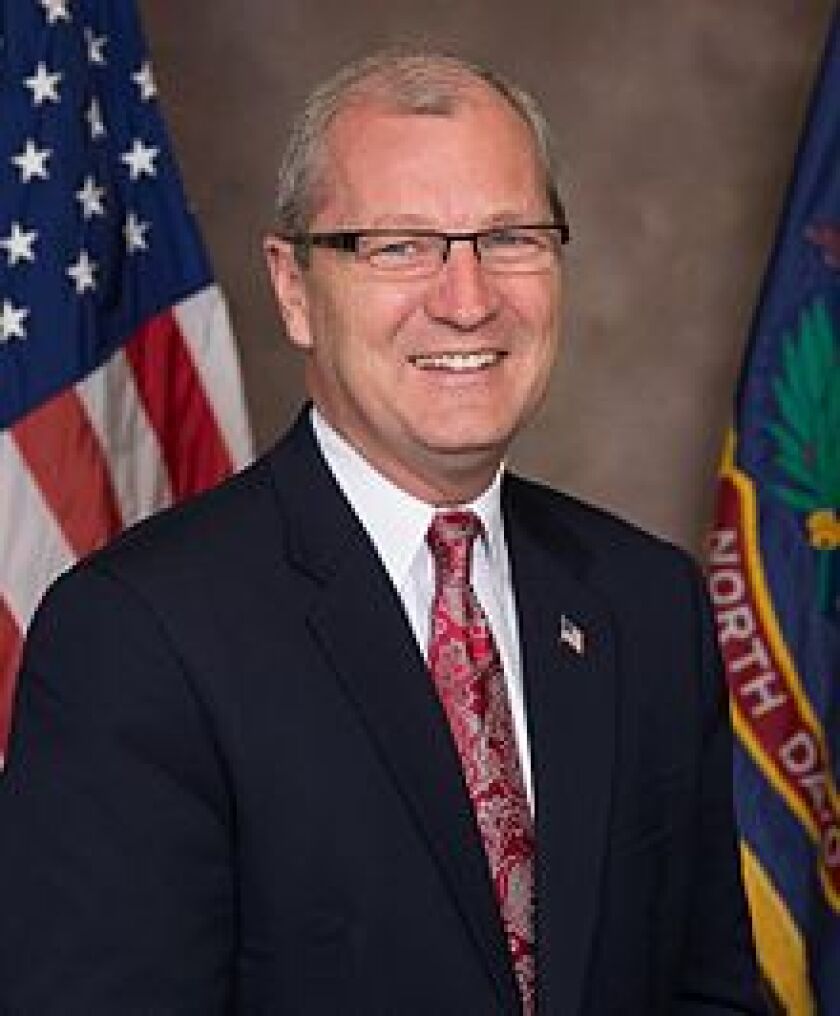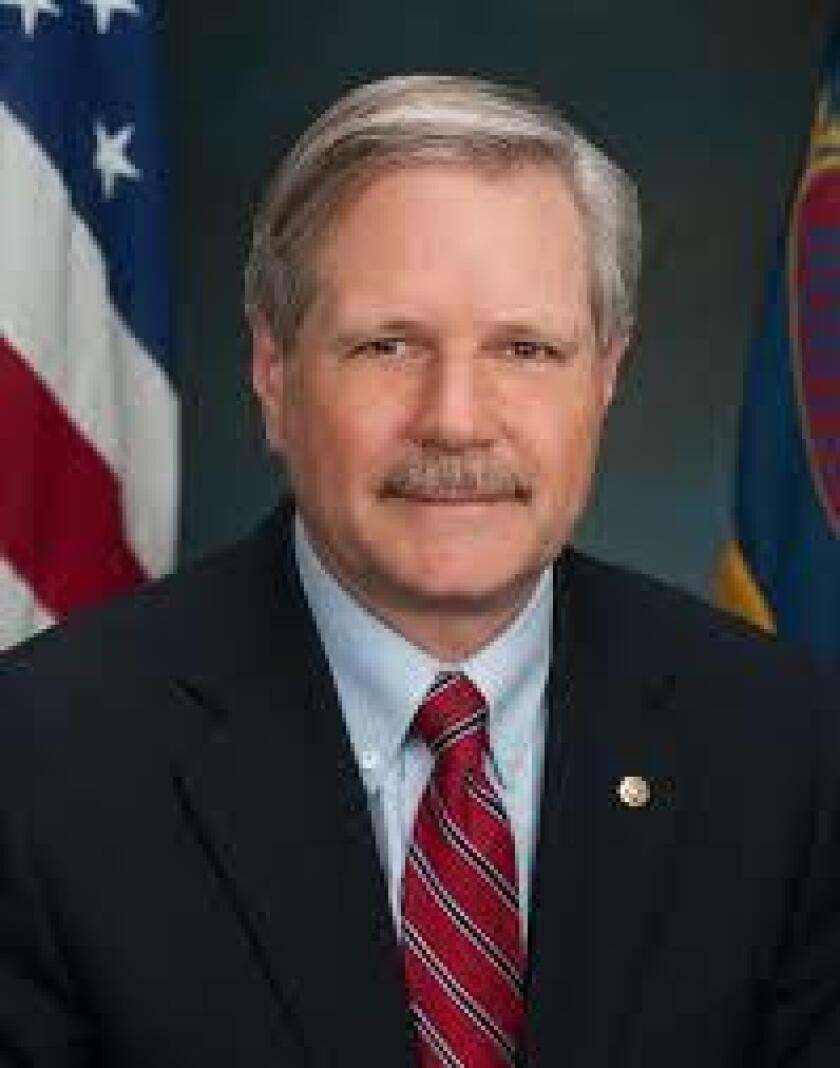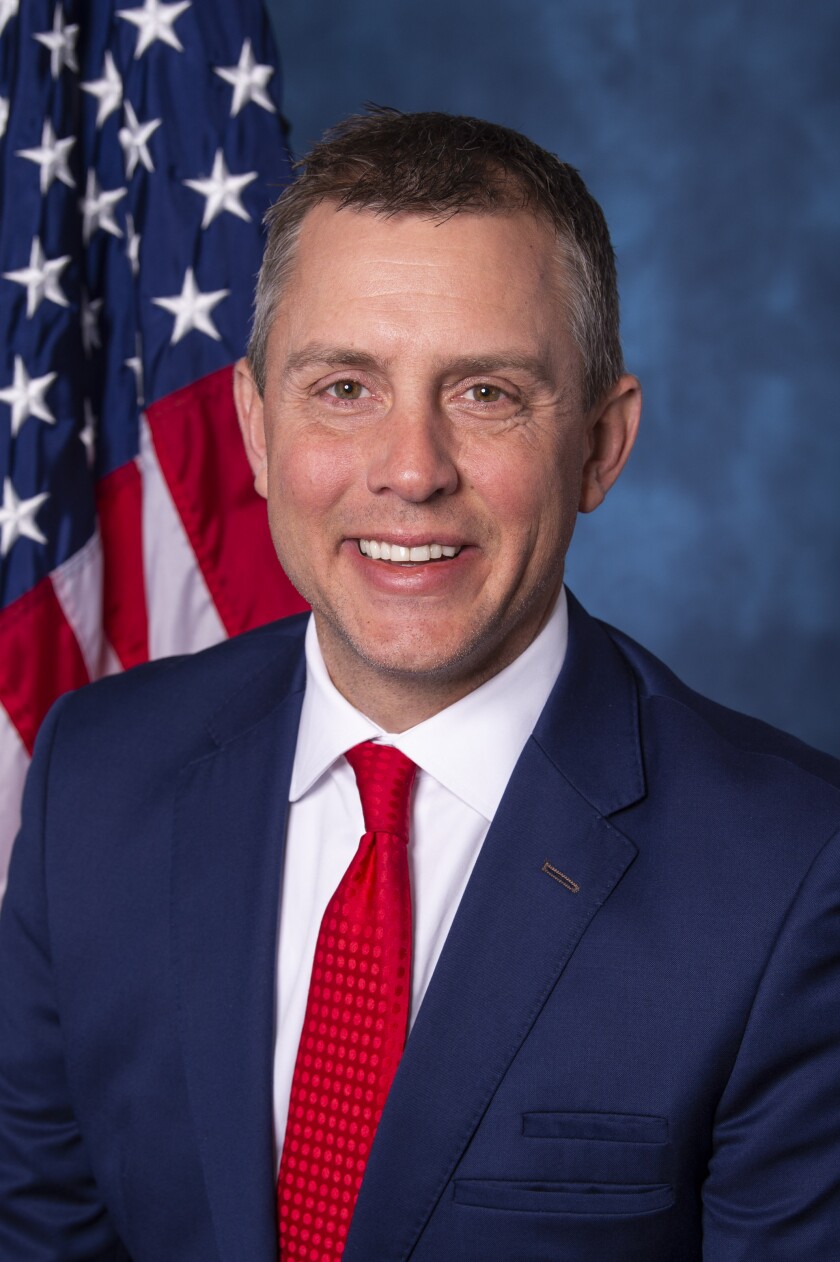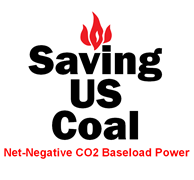
 






.gif)



|
Signature Sponsor


July 2, 2022 - North Dakota’s congressional delegation and other state leaders are celebrating a U.S. Supreme Court ruling that curbs the power of the U.S. Environmental Protection Agency to regulate greenhouse-gas emissions causing climate change. Meanwhile, activists say the ruling hurts the EPA’s ability to respond to environmental challenges facing the country. On Thursday, the U.S. Supreme Court ruled 6-3 that Congress had not given the EPA sweeping authority to regulate carbon emissions coming from power plants. While the case officially was West Virginia v. EPA, North Dakota also was a party to the case. The ruling is being viewed as a win for coal-producing states and reverses a 2020 decision by the U.S. Court of Appeals in Washington, D.C., which struck down the EPA’s Affordable Clean Energy Rule. That rule recognized the state and federal authority to regulate greenhouse gas emissions from existing power plants under the Clean Air Act. As of 2020, North Dakota was the nation's fifth-leading coal producer, according to the U.S. Energy Information Administration. Over the last two years, leading Republican state officials have thrown their weight behind propping up North Dakota’s coal industry, which endured uncertain times after the Minnesota-based owner of the state’s largest coal-fired power plant announced in 2020 it would shutter the facility if a buyer didn’t emerge. Attorney General Drew Wrigley said “North Dakota secured a landmark U.S. Supreme Court victory in one of the most important environmental and energy law cases in decades.” Wrigley said the court’s decision “firmly” establishes states’ role as “an equal partner” with the federal government in regulating greenhouse gas emissions. “This is a tremendous victory for North Dakota and for every state,” he said in a statement. “Our victory in the U.S. Supreme Court shows that the D.C. Circuit stepped way over the line when it allowed the EPA to ignore Congress and the states and transform EPA into a new national energy regulator.”  Gov. Doug Burgum said the ruling is significant decision for states' rights and for consumers. “Leading with innovation, not regulation, and all-of-the-above energy strategies that are responsive to market trends, promote new technologies to boost production and curb emissions is an environmentally sound and common-sense approach," he said in a statement, adding that North Dakota was the first state to achieve primacy over Class VI Carbon Capture. "At this time of global uncertainty, North Dakota has the energy policies to bring down the price at the pump, improve U.S. security and global stability, and protect the environment." In dissent, Justice Elena Kagan wrote the ruling “strips the EPA of the power Congress gave it to respond to the most pressing environmental challenge of our time.” She added she believes it “deprives EPA of the power needed — and the power granted — to curb the emission of greenhouse gasses." Winona LaDuke, of the White Earth Nation in northern Minnesota, said the highest court’s ruling “attacked every person and creature that lives, blocking many of the rules that keep poison out of our air and climate." “I have said it before, if you pick a fight with Mother Nature you are going to lose,” LaDuke said in a statement. “Everyone from the president and Congress to leaders in our state have agency to build a livable economy that works for everyone. It's time to end the fossil fuel industry and the culture of violence against women, water and all life." Dallas Goldtooth, national organizer with the Indigenous Environmental Network, said the court is “reaching far beyond its constitutional authority” and “‘legislating from the bench.’” Lisa DeVille, Dakota Resource Council board member and environmental activist, said she has been “fighting for stronger regulations to cut emissions and air pollution for more than a decade.” DeVille is a citizen of the Mandan Hidatsa Nation and a member of Fort Berthold Protectors of Water and Earth Rights. “Like every other front-line community, I know what weak regulations and lax enforcement do to communities like mine, every day,” DeVille said in a statement. “Today, SCOTUS decided in favor of money and big business and against people – not only those of us alive today but the generations to follow. Our world is on fire from climate change and this decision ignores that fact. This decision perpetuates generational harm and once again treats Indigenous communities like mine as a commodity to be extracted rather than human beings in a natural world that both deserve to be protected.” Lignite Energy Council President and CEO Jason Bohrer said the council “opposed the Clean Power Plan and joined the lawsuit because it was designed to be overly burdensome to states like North Dakota and its power plants.” “The Lignite Council applauds the decision by the Supreme Court that puts the power into the hands of elected officials instead of bureaucrats in Washington,” he said in a statement. North Dakota’s congressional delegation also released statements in support of Thursday’s ruling.  U.S. Sen. Kevin Cramer, R-N.D., said the ruling “reaffirms Congress never intended the federal government to regulate greenhouse gas emissions for the states.” He called it a “win for democracy, cooperative federalism, the American people and North Dakota.” “The Supreme Court decision reflects the separate, co-equal roles of our government,” Cramer continued. “Important national policies must be debated and established through the democratic process by elected officials, not Washington bureaucrats.” U.S. Sen. John Hoeven, R-N.D., said the decision “affirms our work to both reinforce the role of states as the primary regulator of energy development within their borders and to push back on the needlessly burdensome rules that the Biden administration continues to impose on our energy producers.”  Rep. Kelly Armstrong released a similar statement, saying “Burdensome federal regulations stifle energy production and are expensive for consumers, hostile to America's energy producers, and undermine reliable baseload power.” He, like the senators, applauded the work of late Attorney General Wayne Stenehjem, and Wrigley, for their work as a party to the West Virginia case. 
|
 











|